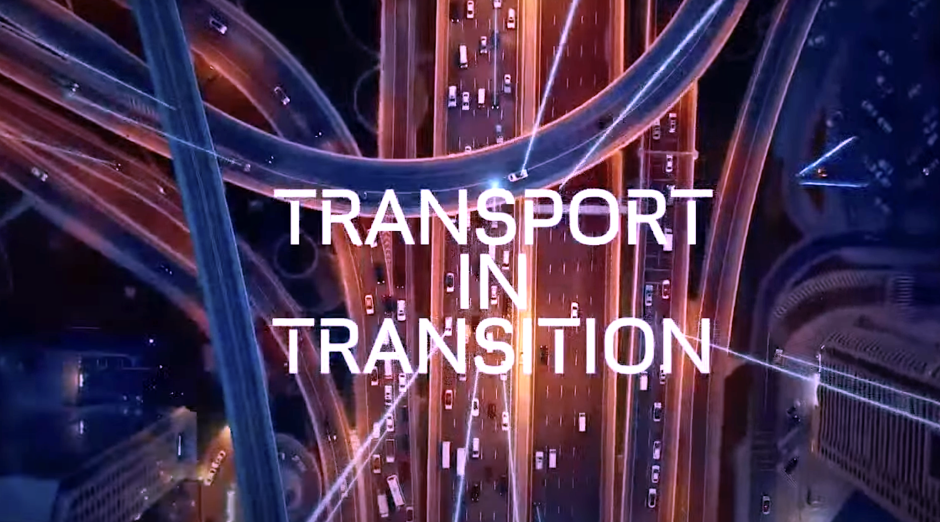The transport sector's share of emissions will increase until 2050, according to DNV

The global transport system's oil use will be halved and its emissions reduced by 40 percent until 2050. Even so, the sector's share of global emissions will increase from a quarter to a third. This is predicted by DNV in the report Transport in transition, which was presented at a webinar today.
Achieving fossil fuel freedom by 2050 is no easy match for the transport sector. Although electrification will revolutionize large parts of it, especially road transport, and cover almost 80 percent of the sector's energy consumption, the actual emissions will not decrease that much. The reason is that transport will grow significantly in the next 30 years and that, above all, aviation and shipping will continue to be dependent on fossil fuel. So what should politicians and policy makers focus on?
“Electrify what can be electrified; what cannot be electrified in the near term should be switched to sustainable advanced biofuels; and prepare for hydrogen-based new fuels to scale through local and regional ecosystems to a global ecosystem from 2035”, DNV CEO Remy Eriksen said when the report was presented earlier today.
And the fuel mix in shipping will, after all, change significantly - from being almost entirely oil-based today, DNV believes that the mix in 2050 will consist of 50% low and carbon dioxide-free fuels, 19% natural gas and 18% biofuels. However, electricity takes on a modest importance and will mainly be used in short sea shipping and during port stops for larger ships, which gives a share of 4% of shipping's fuel mix.
In order to achieve success in the transition work, it is absolutely crucial to start extensive cooperation, said Young Tae Kim, Secretary General of the International Transport Forum (ITF).
“Three aspects needs to be addressed: technical collaboration, to develop safe and affordable fuels; citizens must understand why changes were happening, to convince populations to change behaviour; and regulation, previously seen as diminutive, but will act “as a kind of guideline for collaboration between the private and public sectors”, he said.
Michael Berube, assistant secretary for sustainable transportation at the US Department of Energy, said that the US was thinking of investing in biofuels to reduce emissions from aviation and shipping.
- Actually, it is fantastic how these sectors are now being discussed. Five years ago, aviation and shipping weren't even in the discussion, said Berube, who believes biofuels from waste materials are becoming "incredibly important" in the transition process.
-
 NextWave – en podd som ska locka unga
NextWave – en podd som ska locka unga -
 Ny studie: Eldrivna pendelbåtar kan effektivisera Stockholms kollektivtrafik
Ny studie: Eldrivna pendelbåtar kan effektivisera Stockholms kollektivtrafik -
 Sjöfartens utsläpp ökar
Sjöfartens utsläpp ökar -
 Sociala relationer påverkar val av bränsle
Sociala relationer påverkar val av bränsle -
 Sjöfartens omställning kräver ”mjukare” påtryckningar
Sjöfartens omställning kräver ”mjukare” påtryckningar -
 Hon hade avtalad tid med Kapten ynkrygg
Hon hade avtalad tid med Kapten ynkrygg -
 Lighthouse omvärldsanalys 2025 – osäkerhet och tullar präglar sjöfarten
Lighthouse omvärldsanalys 2025 – osäkerhet och tullar präglar sjöfarten -
 Se seminariet Shipping in the Marine Environment
Se seminariet Shipping in the Marine Environment -
 Vad betyder egentligen de 90 procenten?
Vad betyder egentligen de 90 procenten? -
 Hålla där...
Hålla där...

